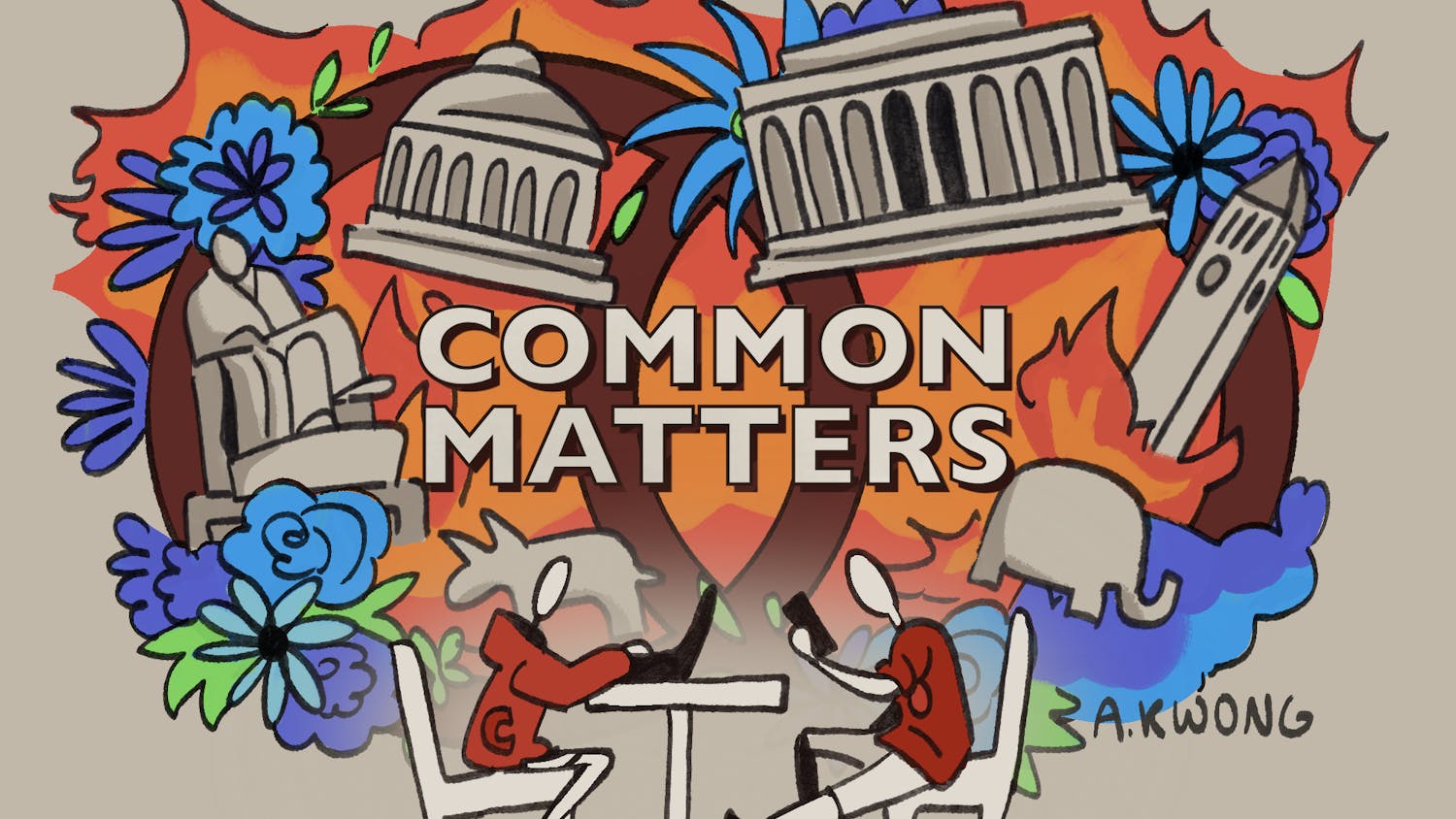On Nov. 26, Cornell finally announced the suspension of members of its Chi Phi chapter under investigation for drugging and sexually assaulting a female student on Oct. 26. When the assault was reported on Nov. 8, an immediate temporary suspension paused the fraternity’s social functions while leaving its members unfettered access to campus. All while many students involved in protests against Cornell’s investment in Israeli military tech remain barred from campus (whether in part or entirely) in the name of safety.
I know what it is to feel unsafe on campus. Several Novembers ago, a student described how he wanted to sexually assault me in a six-word email so graphic that I immediately called the campus police. Removed from my class, he hounded me at my office and lurked around my building. The semester ended before he received a temporary suspension — not for harassing me but for attacking an administrator during a related disciplinary meeting.
I wonder: What if he had delivered his message aloud on the Arts quad rather than silently, in the after-hours intimacy of my home? Would I have shared a campus with my harasser for quite so long, jumping at every knock on my door, scanning the sidewalks on my daily walk to work from my faculty apartment on North Campus?
Probably. Victims of sexual harassment and assault quickly learn that the Title IX process moves at glacial speed, distorting federally mandated neutrality to privilege minimal disruption to the perpetrator over victims’ right to to live and work/study in safety even as, like the criminal justice system, it demands victims endlessly retell their experiences. The cumulative trauma of this process dissuades a majority of victims from filing formal complaints, which in turn allows universities to mask the all-too-common reality of sexual harassment and assault are on their campuses.
Now, with the politics of its highest administrators at stake rather than the bodily autonomy of the women and queer folks comprising the majority of campus sexual assault survivors, we find that Cornell can and will supercharge its disciplinary process. To impose temporary suspensions in the absence of physical harm or even physical threat, Cornell has redefined violence as something we hear. The administration soft launched its “nonsilence is violence” stance last spring, claiming that the sound of protest is violent in its presumed (yet unsubstantiated) impact on studying and socializing. The question is not whether sound can constitute violence: it can. Just ask the Israeli troops whose use of acoustic weapons to disperse Palestinian protesters causes pain, nausea, and irreversible hearing loss, especially in children and elders. Given this context, Cornell administration’s most recent efforts to equate voiced protest with literal physical violence are shameful. Students and staff face a higher chance of hearing loss every time they experience a fire drill in campus residences.
Ultimately, Cornell’s rush to suspend nonviolent protesters and its sluggish approach to sexual harassment and assault are simply two sides of the same coin. Both betray the administration's disinterest in the welfare of its students, demonstrating that disciplinary procedure not only fails to achieve justice or provide safety for the campus community, but that it does so by design.
— Prof. Catherine M. Appert, music










